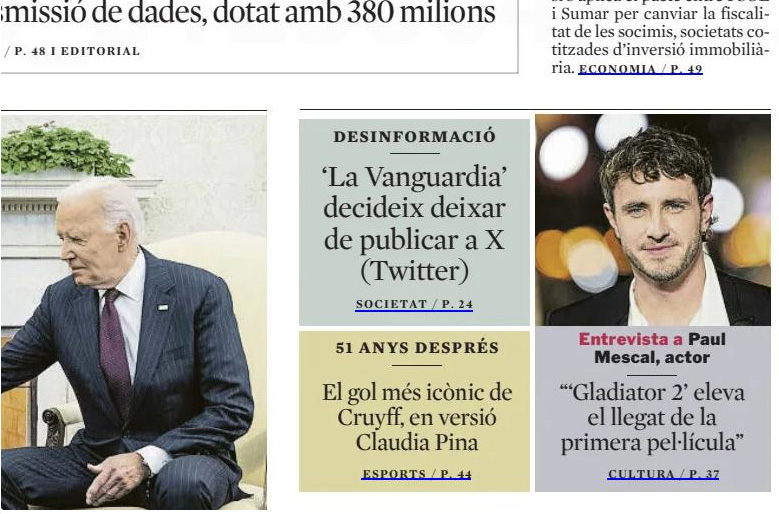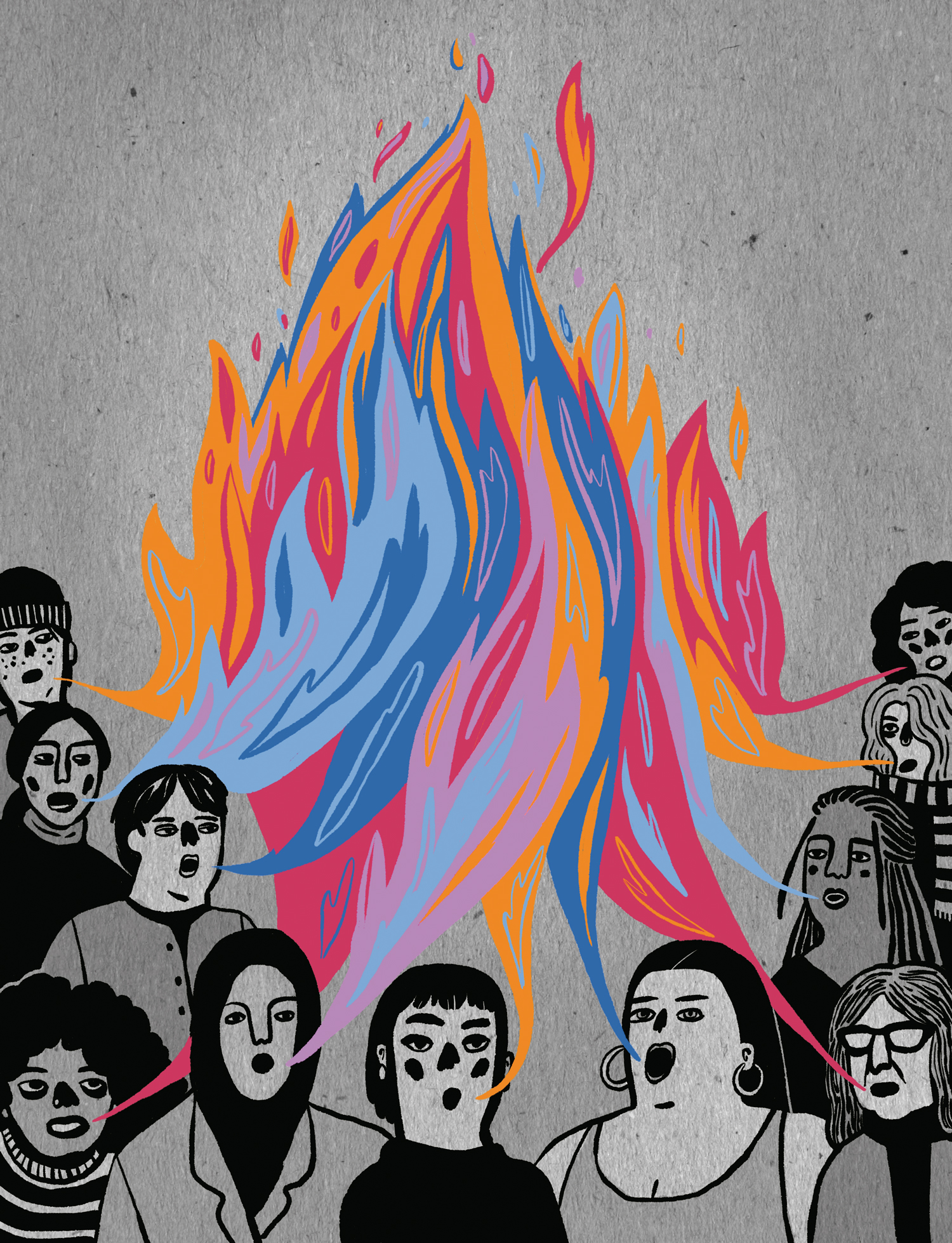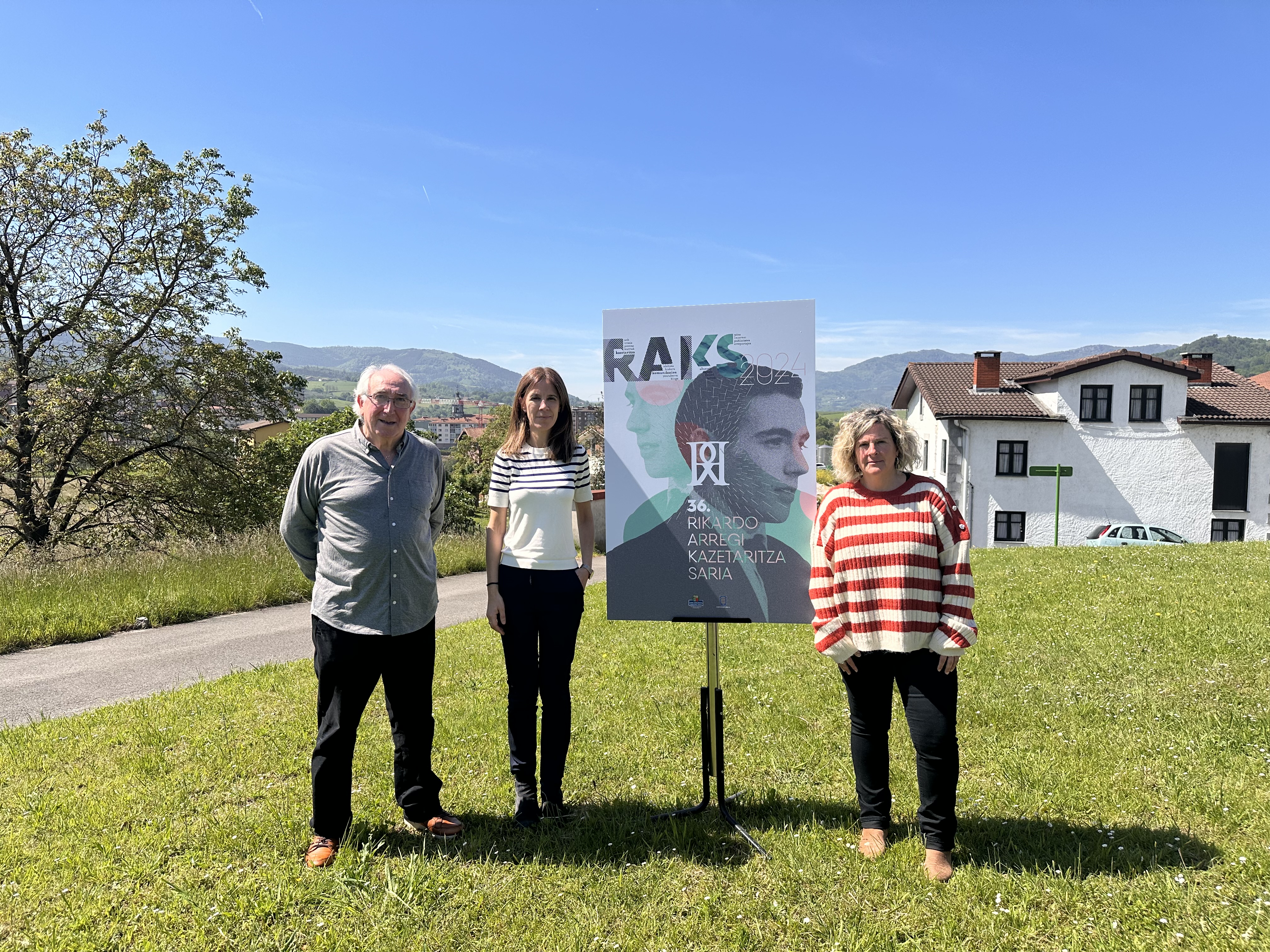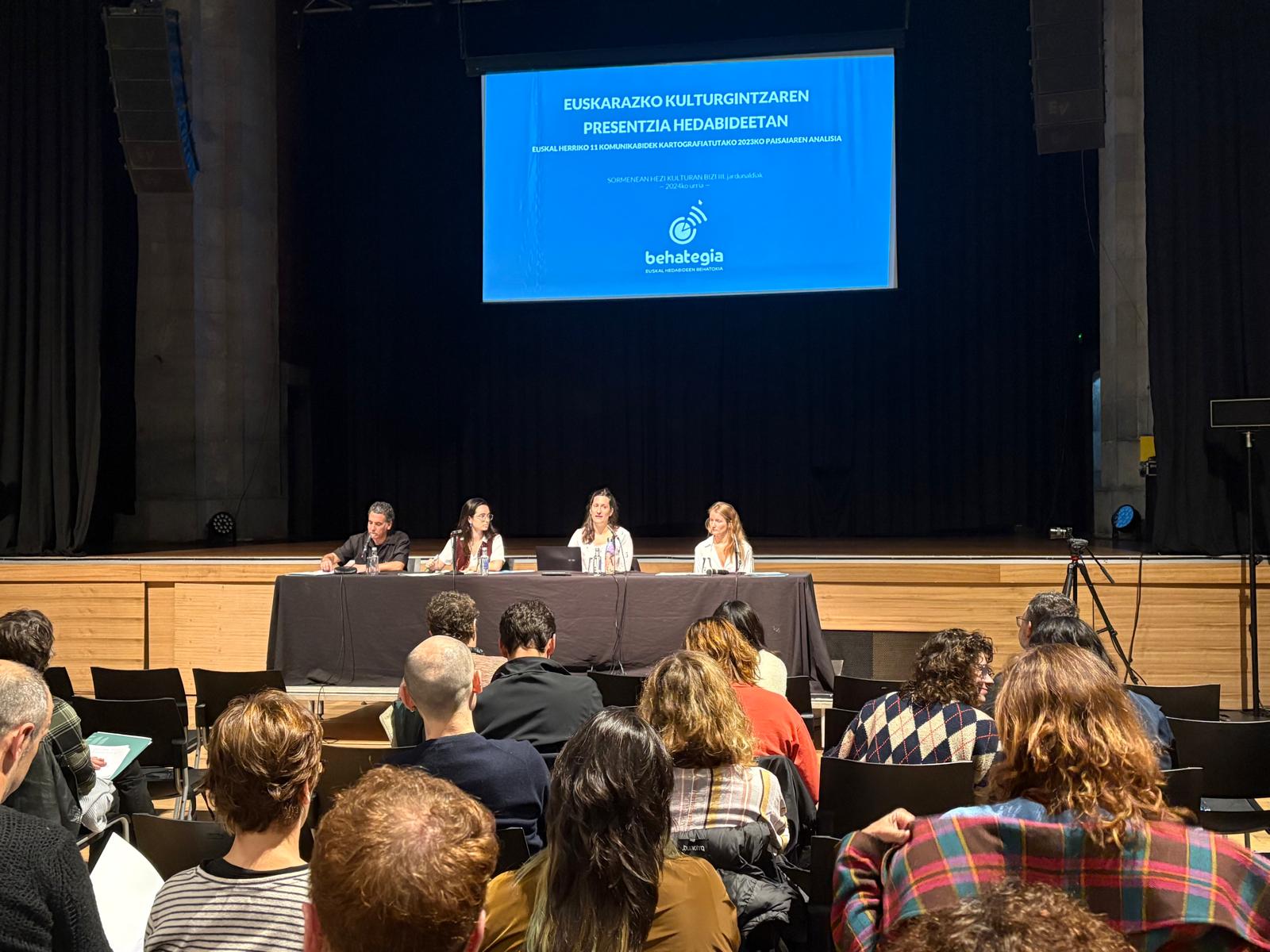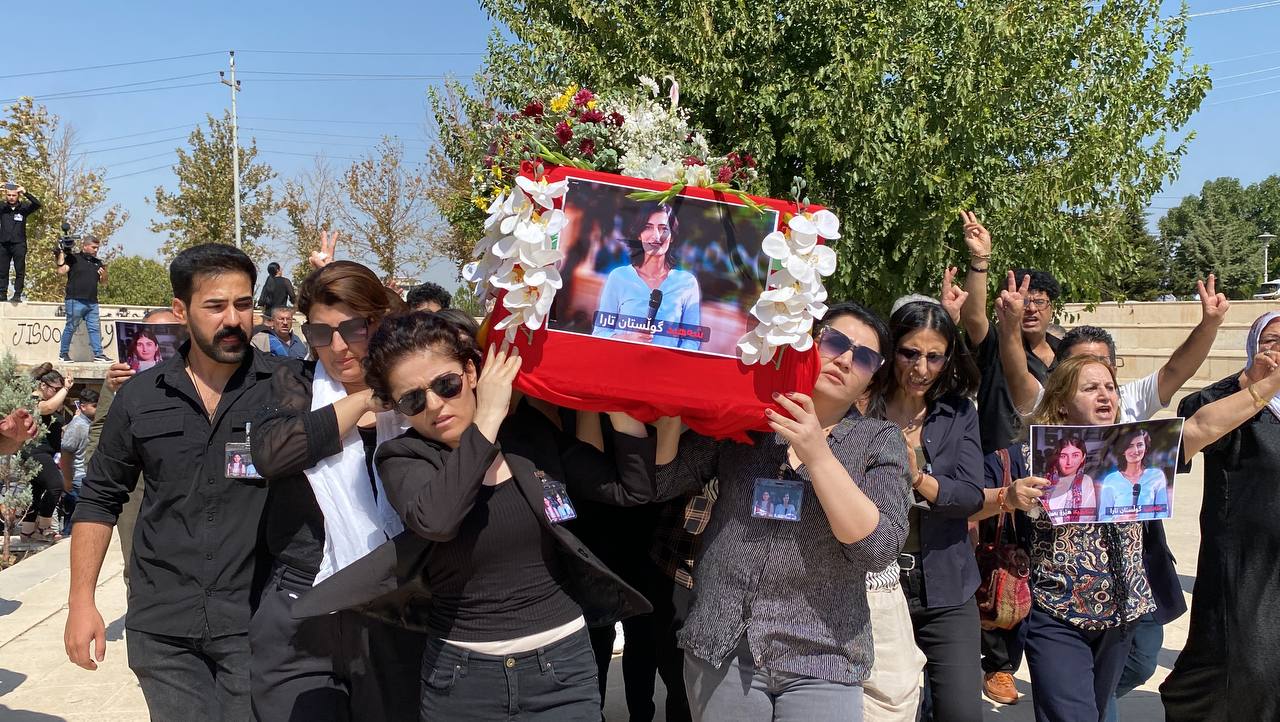Koldo Izagirre moves the literary value of the chronicles to the plaza
- ARGIA and Koldo Izagirre presented on Wednesday the book 'A horse in the field of fugitive escape', which includes some of the chronicles that the Basque press has brought between 1869 and 2000. Izagirre has selected texts and written the preface to the book Gorka Bereziartuak. Both took the floor at the press conference offered in the room of the San Sebastian Municipal Library.

Izagirre has said that the chronicle is “hybrid genre”: “There is no fiction, but it is written from an artistic sense. Reporting is not the most important thing, it is the way of reporting, and it breaks the objectivity, the coldness, not the involvement required of the journalist. These are works carried out from a personal point of view, part of journalism.”
Izagirre has explained that the chronicle is a pre-journalistic genre that existed in the 14th and 15th centuries, giving free rein to oral transmission: “In our case, the chronicle has a second hybridization, to be as sung as written”.
Regarding the literary value of chronicles, the author has stated that "400 bad works" will not create a literature, "but twenty simple chronicles can start a literature". Izagirre has not given much explanation, he prefers to read some of the fragments of the texts to enjoy those gathered in the San Sebastian Municipal Library. Among others, Mikaela Zarrana, Martin V. Bizkailuz, Jean Pierre Duvoisin, Jean Elizalde, Julene Azpeitia, Tene Mujika, Xipri Arbelbide, Joxemi Zumalabe, Ramon Saizarbitoria, Itxaro Borda and Kirmen Zumalabe. In total, 89 titles: "Offers 89 trips to different places buying a ticket".
Izagirre thanks Juan Luis Zabala for the work done to update the spelling of the chronicles collected in the book and adapt it to the current reader.
"A good assortment of precious stones"
Gorka Bereziartua has also collaborated as editor and has qualified as “luxury” the possibility to participate in the process and read “this beautiful collection of gems”. He explains that in January 2009 the book began to be produced when ARGIA was 90 years old. At the opening ceremony, held at Hernani on the occasion of the anniversary, Izagirre offered a conference on the history of the Basque press. It was the first stone.
In the preamble Bereziartua says: “Finally, this book appears, in which the news objective of the press leaves more space than usual to the most expressive part of writing. It is a literary and journalistic result. Because that is where the chronicle circulates, in an interval of water that is not of anyone, as fleeting as eel, without papers for those who want to identify it, it is always false: it is too subjective for those who want human things in rigid concepts, and it always has too many barros for those who have difficulty imagining literature outside the offices. In this inidentificability we must demand it, in the freedom that means not being a gender of anyone”.
In the last century and a half, the Basques have taken permanent advantage of the chronicle, in the words of Bereziartua: “To explain what they have seen and lived in war, to account for exile, to release laughter, or simply to tell an anecdote. Despite its long tradition, we don’t have it well known.”
- The book is available on the ARGIA website. The book has been edited in collaboration with the Department of Culture of the Provincial Council of Gipuzkoa.








